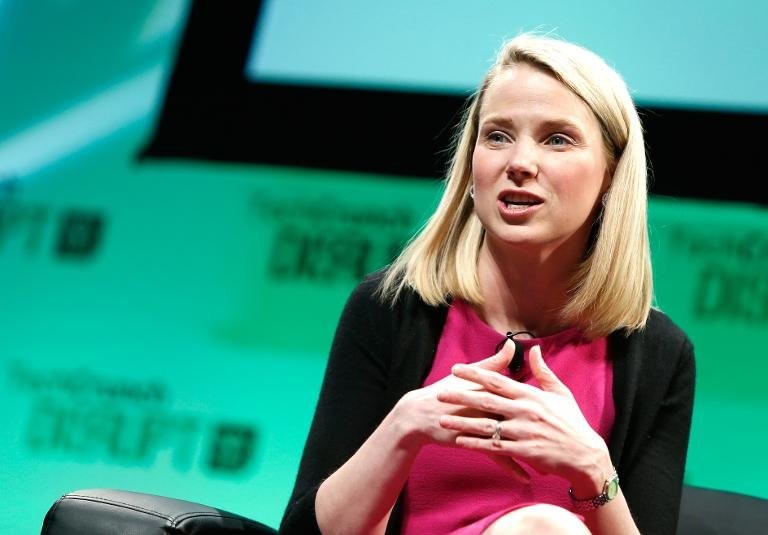Can Yahoo’s Shareholders Benefit From Alibaba’s IPO Yahoo Singapore Finance
Post on: 8 Сентябрь, 2015 No Comment

Remember the excitement in the tech sector when Facebook and Twitter announced its IPO intent? The tech sector is about to get heated up again, with good excitement of course.
China’s e-commerce player Alibaba Group Holding (Alibaba), has confirmed its IPO intent, and the IPO will file in the United States.
3a%2f%2fglobalfinance.zenfs.com%2fen-sg%2fFinance%2fSG_AHTTP_SharesInvestment_LIVE_1%2fAlibaba.jpg&t=1426236146&sig=9_0dtWzehX4MLWJyVw.axQ—
B /%
Alibaba’s behemoth size among the listed e-commerce players is set to fetch valuation price tag come IPO at more than US$100 million, and could also possibly expect to raise as much as US$15-US$16 billion from IPO proceeds.
How Yahoo Is Already Benefitting Before Alibaba’s IPO Talk
As Yahoo!Inc. (Yahoo) owns a 24 percent stake in Alibaba, moats identified for Alibaba will also have positive impact on Yahoo’s performance.
Despite not being as well known outside China, Alibaba dominates the e-commerce industry in China, with more than US$150 billion worth of merchandise changing hands on its platform each year. This figure is more than that of Amazon and eBay combined.
Also, because Alibaba does not sell directly to consumers, it is able to see profit margins of 40 percent or more, which lifts more grounds for a better profit position attributable to its shareholders.
These sets of moats are already being benefited by Yahoo. But what about post IPO?
Money Realised From Sale Of Partial Stake
Yahoo is required to sell off a little less than half of its stake in Alibaba at the offering. This will translate to a lot of cash realised on Yahoo’s table.
Will Yahoo’s shareholders get to touch this money? It depends on what Yahoo does with it.
There are three possible things Yahoo may do, which relates to the utilisation of such realised cash.
1. Pay out a one-time special dividend
2. Increase share buyback amount
3. Use the cash to fund further acquisitions
For me, I would think that option 1 will be more enticing to shareholders. The one-time special dividend, although taxable even if you are a Singaporean (withholding tax rules), will, in my opinion, be quite a handsome payout, considering the amount of money realised from the partial stake sold.
And there’s no reason shareholders who have been waiting for this deal to not be rewarded by that if Yahoo can afford it.
If Yahoo uses the realised cash to fund option 2, I will be wary and dig deeper as its current price is already trading near US$40 a share.
Comparing it to valuation metrics such as price to sales, price to earnings and price to book, questions will be raised on why management is spending so much buying back shares that are not exactly at a good discount.
Option 3 is also a likely choice for the utilisation of the realised cash, but as Yahoo will be under pressure to show its shareholders that its acquisitions, other than tumblr, is contributing well to its overall performance, Marissa Mayer (Yahoo’s CEO) will need to carefully assess acquisition targets.
Conclusion
It is likely that the realised proceeds will not be channelled to just one of the listed options above. It could be a mix, and Yahoo might choose to shift some of it to boost their cash bank.
What I will be looking more at will definitely be what kinds of acquisitions will Yahoo be doing, and will there be any special payout to reward shareholders.
If you are a shareholder of Yahoo, I’m hoping for you that there’s at least some sort of option 1.
More From Shares Investment:














